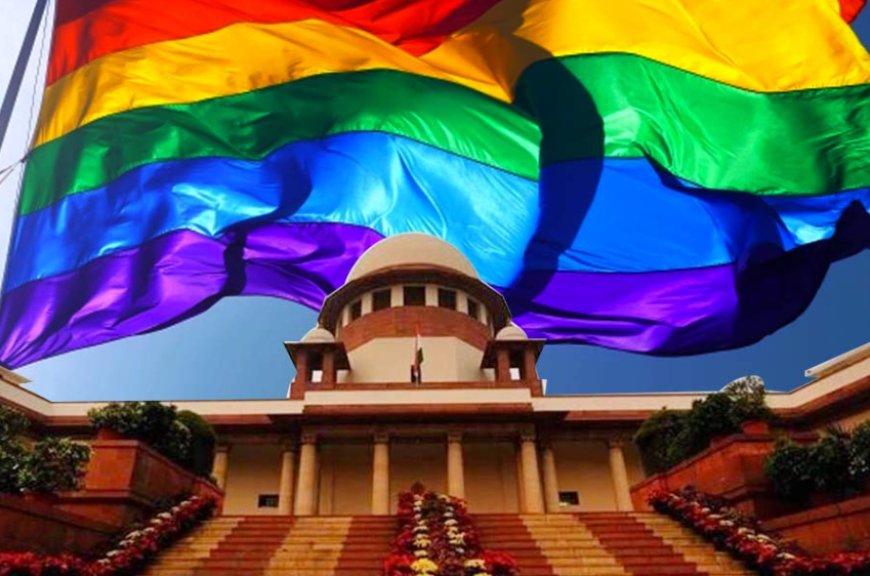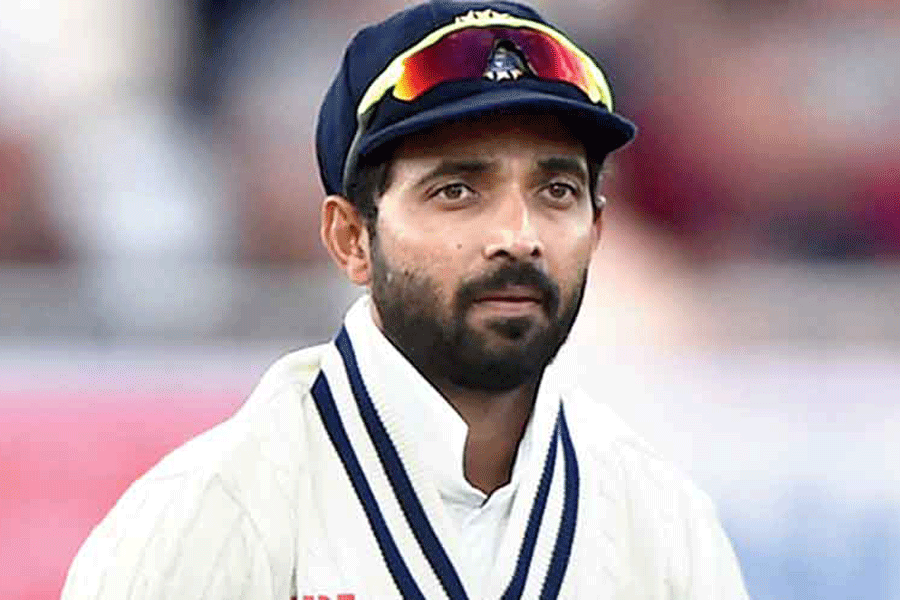Indian Supreme Court Rules on Marriage Equality, But Falls Short of Full Recognition
LGBTQ+ activists express disappointment with ruling, while others praise it for promoting dialogue

On Tuesday, a number of activists for LGBT rights and members of the queer community expressed dissatisfaction.
The Naz Foundation's Anjali Gopalan told The Telegraph that the decision is "overwhelmingly negative" for the rights of LGBT people. Her legal advocacy resulted in the decriminalization of consensual sex between adults of the same sex.
"Marital rights have been denied, and no civil rights have been granted at all," she stated. The Parliament now has it. Furthermore, it is unknown when Parliament will approve these.
"There are thousands of children in this country who are not adopted," Gopalan continued. Rather than attempting to find them homes, the court has just said no.
Gopalan declared: "Adoption is not permitted even for cohabiting couples. With the exception of transgender persons, the court has now denied this to the LGB (lesbian, gay, and bisexual) group as well.
She went on to say that the Supreme Court "has expanded the definition of discrimination" as one of the "good things" in the ruling. It has also given the police and the administration strong instructions on how to behave. The trans community can now acquire all the legal advantages of marriage by getting married to members of their own community or to heterosexuals (cis) people.
"Today the court has reaffirmed that queer citizens will be relegated to an unsympathetic legislature and an apathetic executive," attorney and LGBT rights campaigner Rohin Bhatt posted on X (previously Twitter). Despite the court's insistence to the contrary, we are second-class citizens. We're going to rise in fury and outrage.
Anish Gawande, the creator of Pink List India, penned the following on X: "The Supreme Court's verdict on marriage equality is an abdication of responsibility by the highest court in the land." Gawande documented what MPs had stated on matters directly affecting LGBT people.
"Committees lacking a defined purpose, structure, or authority center are useless," he continued. All the Supreme Court has done is reiterate the promises made by the Solicitor General during the hearings. Ball is now in the hands of the government.
The International Lesbian, Gay, Bisexual, Transgender and Intersex Association's senior research and policy manager for the Asian area, Ajita Banerjie, described the ruling as "extremely disappointing." "No firm instructions to rescue queer folks from bureaucratic loopholes and structural discrimination," the author wrote on X.
Sociologist Suhas Palshikar, who is located in Pune, tried to explain the political environment in which the court currently functions without mentioning the decision itself.
"Looks like the current Court believes that it's facing its 1973 moment sandwiched between a repressive regime and deeply divided and chaotic political arena," he stated in a series of X posts.
Similar to the Court back then, the Court continues to look for constitutional gaps that allow it to maintain its authority without directly challenging the government.
However, Court was able to theorize during the 1970s crisis in a way that made it stronger even though it was heavily criticized and denigrated.
The actions taken today are probably going to result in a more fragile institutional balance in addition to giving the regime significant wins for the foreseeable future.
"Moreover, the repression of the 1970s was more targeted at individuals than it was at altering the core principles of the system. It's BOTH now. Thus, by giving it room, the judiciary is presumably shutting down any chance of institutional correction.
To be fair, though, the judiciary does not have an easy choice. Aggression will result in the regime's immediate annihilation; democracy won't last forever if tact and justice are applied.
Rights advocates applauded the court procedures for promoting dialogue, if nothing else.
Supriyo Chakraborty, a supporter of LGBTQ rights, stated on X: "We are quite saddened by the ruling today. The court has affirmed queer people's right to form relationships, but it hasn't gone nearly far enough to grant legal recognition.
"We are personally pleased with ourselves for having won this fight. Even though we didn't win, this case prompted a lot of conversations over the dinner table. We still have hope for the day when marriage will be completely equal.
Some questioned the bench's arguments and the expression of sympathy.
Filmmaker Onir stated on X that when action is not taken after words, they become HOLLOW. #IndianSupremeCourt #EqualityInMarriage
Enakshi Ganguly, an honorary professor at National Law University in Odisha and co-founder of HAQ: Centre for Child Rights, stated to this newspaper that, to the best of her knowledge, the court has left it up to the legislature to enact the necessary changes after providing a thorough explanation of the situation. Therefore, after a lot of clichés and homilies, it is effectively status quo. Why spend so much time discussing adoption when you weren't going to grant adoption rights to persons who identify as queer?



























































